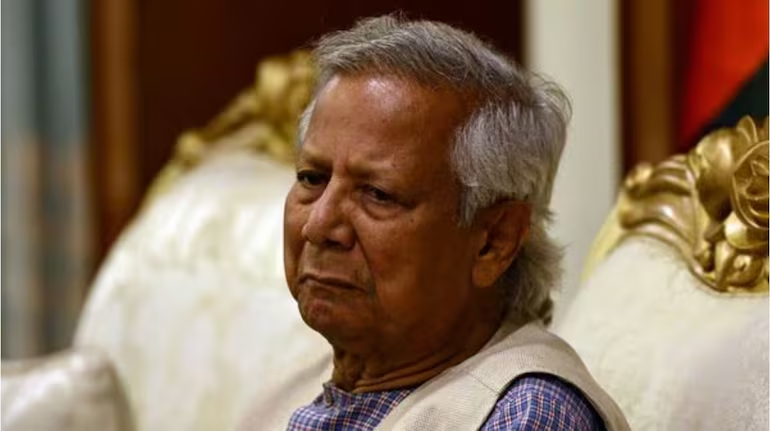Manipur: Agencies are once again on ‘high alert’ regarding the challenge of insurgent groups in the Northeast after the terrorist attack on an Assam Rifles convoy. The activities of the militant organizations are being closely monitored by the security agencies. It is believed that at present more than 20 militant organizations are active in the Northeast. More than half a dozen factions including PLA are also running their activities in Manipur. Agencies fear that with the help of China, militant organizations can start afresh activity. There are camps of several militant groups in Myanmar, which are plotting violence in the Northeast. Apart from this, their Chinese connection is also very strong.
Sources said that the agencies suspect that some organizations have shifted out of Myanmar and set up base in the area of South China. The PLA has strong links with China in Manipur. Apart from this, many other factions are also said to be in contact with the Chinese army. The head of the United Liberation Front of Asom-Independent had set up a new base in Ruili in southern China, bordering Myanmar. The insurgent organization has its operational base and training camp in Sagaing sub-division of Myanmar.
According to sources, even after the killing of an Assam Rifles jawan in Arunachal Pradesh last year, such apprehensions were expressed that China wants to open a new front in the northeast amid the border dispute. The Chinese army is giving support to the extremist groups in the northeastern states. In the past, the NSCN-IM has long had links with the leaders of Chinese provinces. It is said that China has also been funding.
The Shillong Pact between the Government of India and the Naga National Council in 1975 was opposed by leaders such as SS Khaplang and Thingaleng Siva, who were then called the ‘China Return Gang’. In 1980, Khaplang and Muivah together formed the National Socialist Council of Nagalim (NSCN). Eight years later, in 1988, Isak Muivah formed the NSCN(I-M) faction with Chishi Swu, while Khaplang renamed his faction as NSCN(K).
Sources say that now the situation of the militant groups has changed a lot. They are no longer as dangerous as before. However, security agencies do not want to take any risk in view of the new challenges. According to sources, intelligence agencies had received information on several occasions in the past that armed militant groups on the Myanmar border are getting help from the Chinese army. She is supplying them with weapons as well as providing hideouts to their fighters. However, China has been denying this.
In Myanmar, aid is being provided to militant organizations through armed groups such as the United Wa State Army and the Arakan Army. These groups were declared terrorist organizations this year. According to reports by security agencies, at least four of India’s most wanted insurgent leaders had gone to the Chinese city of Kunming in mid-October last year for training and weapons. It is also reported that three ethnic Naga rebels fighting for a separate homeland in the region along the Indo-Myanmar border had met retired and current Chinese military officers as well as some other middlemen.
 Indian Thought Latest News & Views
Indian Thought Latest News & Views



